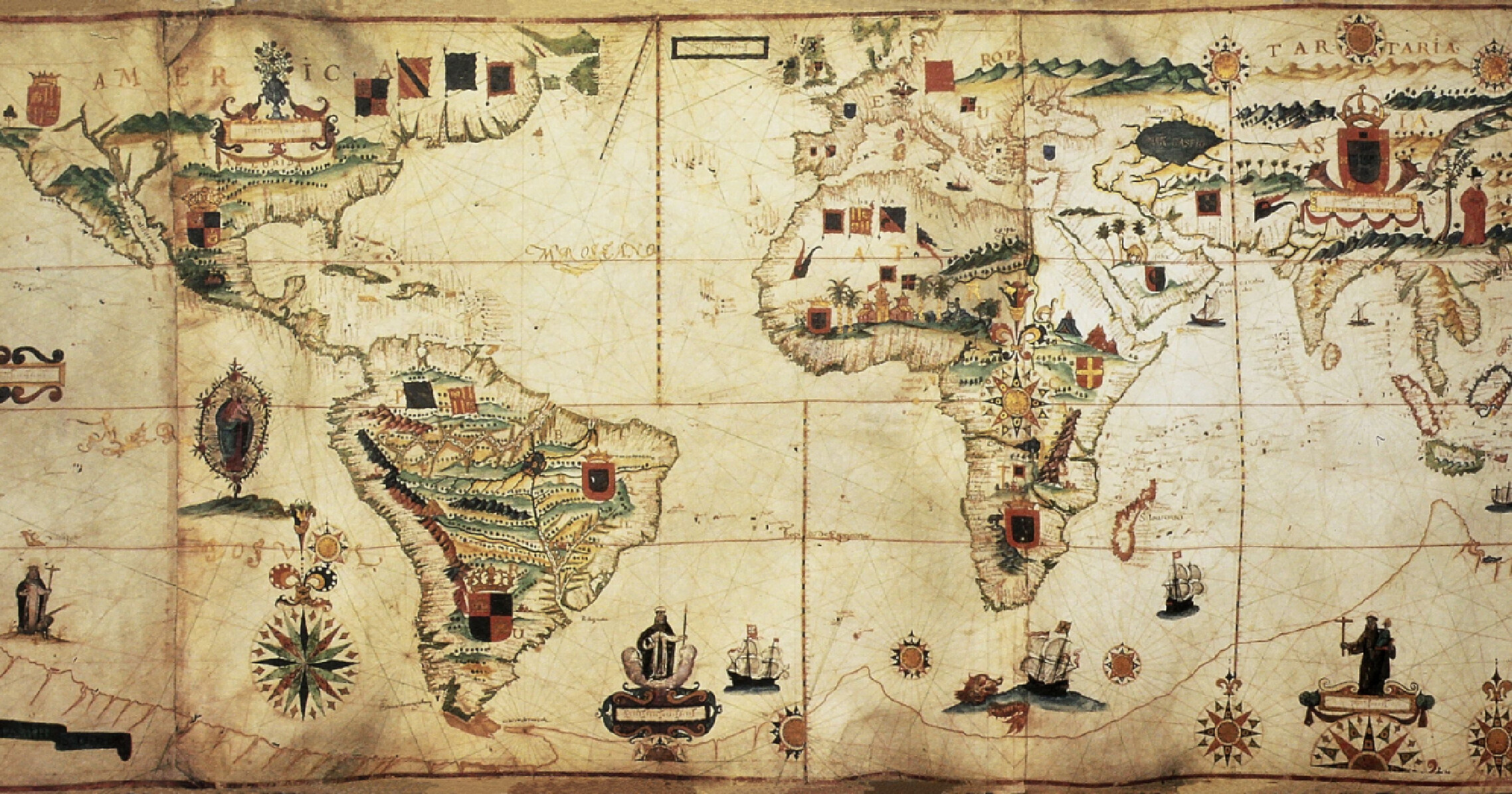Syed Haider
Remembering Ahmed Deedat
O you who believe! Khamr (all kinds of alcoholic drinks), gambling, Al-Ansaab, and Al-Azlaam (arrows for seeking luck or decision) are abominations of Shaitaan's (Satan) handiwork. So avoid (strictly all) that (abomination) in order that you may be successful. ‘This one verse has created the biggest society of teetotallers in the world…I know we have black sheep among us, every community has…we can’t say we’re all angels, but what percent of Muslims imbibe alcohol? …In my country we Muslims have the lowest alcohol consumption rate in the country; we have the lowest gambling rate in the country; we have…
Middle People hear Echoes
I recently received an email asking me what the purpose was of my writings and how I felt these helped the Muslims in Britain and the Ummah more broadly. The writer’s scepticism is not unique to him alone. Indeed many people (Muslim and non-Muslim) regard theoretical musings as sheer bombast and unnecessarily complicated. I am reminded of something Professor Stuart Hall said at a lecture in which he spoke about Race as a floating signifier and a discursive construct and rhetorically asked, what is the purpose of all this scholarly hullabaloo?1 Hullabaloo it might be, and indeed in some ways…
The Place of Narrative and its Importance – Part 2
In part one I explored the relationship between ideology, narrative, and discourse. The hypothesis forwarded there was that these modes of thought form the mediating structures by which “raw” sensations turn into perceptions. By positing this description I hoped to show that social change could be generated discursively, since it follows that if the way we “see” something conditions our response to it, a change in the structures that shape our “seeing” will affect responses. In this essay, I will make a case for using narrativity as a means of affecting responses. There are two key reasons why narrativity is…
The Place of Narrative and its Importance
Introduction I have always claimed that how we “see” things is not an independent act but one that is mediated through structures of meaning learnt over time in the milieu of society. From this it follows that the way we “see” something shapes our response to it. What we “see” however is a representation and for that reason its place in the economy of “truth” and “fact” is dependent on how accurate it is. But representations have a power to affect the represented in a way that enhances the perception of its accuracy. The advantage to understanding social reality in…
Decolonising the Mind through Critique
We live in a time of technological wonder. I can communicate with anyone in almost any part of the world at the click of a button. I can even see someone who is in another part of the world. In fact, today we are poised waiting for the next advancement. We anticipate it like we anticipate tomorrow. In this sense our frame of mind, especially in the West, is radically different to those of earlier ages. However today, with the marginalisation of traditional belief, there is an implicit faith in the ability of technology alleviating the ills of the world…
Death of Multiculturalism?
Islam and Muslim’s have been used as the new vehicle to rally cynicism around the idea of multiculturalism. This happens from time to time. Take any period in history and you will see, not the absence of cynical demagoguery against the diversity of cultures, but a consistent ebb and flow of zealotry around the purity of ‘our’ way of life. Admittedly, every culture and tradition defines itself against some Other; but the truth is that when it happens in the West, a profound sense of hypocrisy airs itself. Take for example a crude article in the Daily Telegraph which begins…
Ghosts of the Past
For all the talk of “Islamic Fascism” what we have seen in the media for the past few weeks has been the rise of fascist bullying. Under the pretext of a debate, a shamelessly right wing attack has been levelled at a portion of Britons who have paid their taxes and contributed to the diversity of this country only to be told, condescendingly, that this is Britain and there are some things ‘we’ just wont accept. The truth is, this collective and cowardice ‘we’ just wont accept Muslims. It is a harsh reality that fascism has crept into the politics…
Gods and Monsters of Our Own Making: Tell Me Who I Am
The conquering of nations, the extending of ones imperial and cultural influence is borne from an internal conviction of ones own superiority or the belief of duty to liberate, educate, or in the classical colonial terminology: civilise others. Whether that is the spreading of Christianity or Democracy, the basic assumption is the same. The coloniser convinces him or herself that the motives of their activity are noble, and while the former in colonial times gave existential weight in the sense of doing God’s will on earth – the latter has been cushioned in similar existential baggage. Francis Fukuyama’s, The End…




